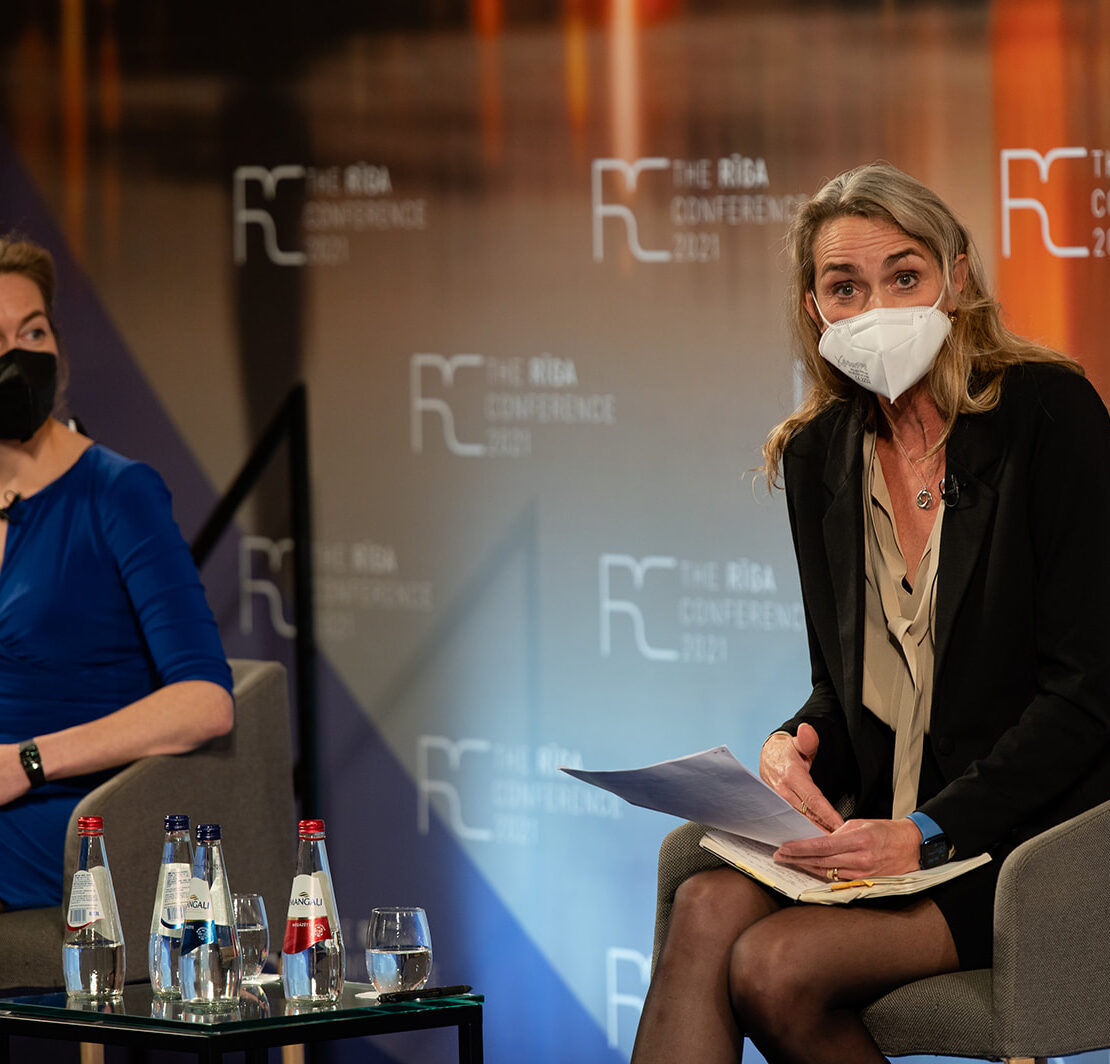Participants:
Dr Sarah Kirchberger, Head of the Center for Asia-Pacific Strategy & Security at the Institute for Security Policy at Kiel University
Jude Blanchette, Freeman Chair in China Studies at the Center for Strategic and International Studies
Dr Andrew A. Michta, Dean of the College of International and Security Studies at the George C. Marshall European Center for Security Studies in Germany
Prof Roberta Haar, Research Director, Faculty of Science and Engineering, University College Maastricht
Henry Hand, Director of the Office of Chinese and Mongolian Affairs, U.S. Department of State
The next discussant responds by highlighting a huge perception gap between the US and European allies, but also between the European cultures. A more holistic vision is thus necessary – the indo-pacific theater is a matter of hotspots. For example, nobody should have been surprised about Crimea – the signs were there. The situation is similar for Taiwan in terms of what it means to China. The geostrategic value of the Taiwanese island and its legitimacy thorn to China has increasingly made it one of the core objectives for China. It is not likely to back down, and Europeans should not ignore the possibility of this escalation. It cannot be a localized affair – Japan fully expects that Okinawa my be attacked in case of Chinse aggression into Taiwan. It is unlikely that Europe can stay neutral or unscathed. NATO countries need to take hard positions in these kinds of possibilities.
A discussant posits that the more power Xi Jinping has over the bureaucratic system, the clumsier and more chaotic is Beijing. China has made rash decisions undermining its own long-term interests under the extended rule of Xi Jinping. For example, in response to joint sanctions over Xinjiang, Beijing sanctioned academics that pulled the rug out of CAI that could be an important strategic wedge in Europe. The crackdown in Hong Kong has galvanized international opinion as well as in Taiwan. His third term might come with similar belligerence. Beijing also sees itself as someone that deserves to be treated with more deference than it is. Its old playbook of coopting or influencing an administration through old friends is a bigger issue and is willing to wait through administrations. Thus, resilience needs to be institutional over the next decades. A speaker offered a proposition in this regard – Xi Jinping does not want to invade Taiwan and potentially bring in the US and other allies, so it seems unlikely that he would do it as it would leave his party on shakier grounds.
Another panelist highlights that Europe has three differing approaches to the US-China relationship. There is the trade approach (china as a partner), security approach (China as a competitor), and an EU project approach (china as an unreliable partner). Trade aims to carve out a mediating position between EU and China, exemplified by the deal between EU and China – this represents what the EU considers strategic autonomy, but the US considers unhelpful. Most Europeans want a conciliatory relationship, however. The Transpacific partnership was supposed to ameliorate this but failed during the last term. The security approach is tied increasingly to technology and the emerging cyber threes and uses – the EU is increasingly espousing techno-nationalism. The third approach is about strategic autonomy and is a middle path. New ties must be made with the US if the second or third options are selected.

